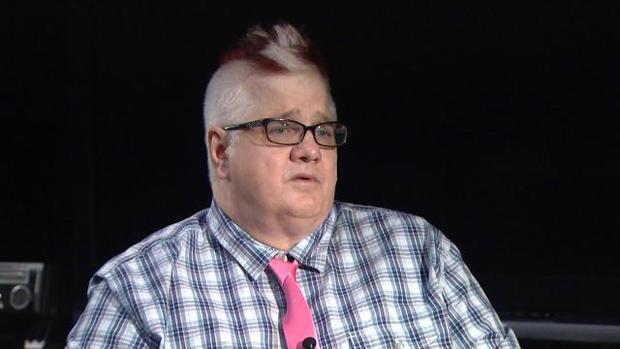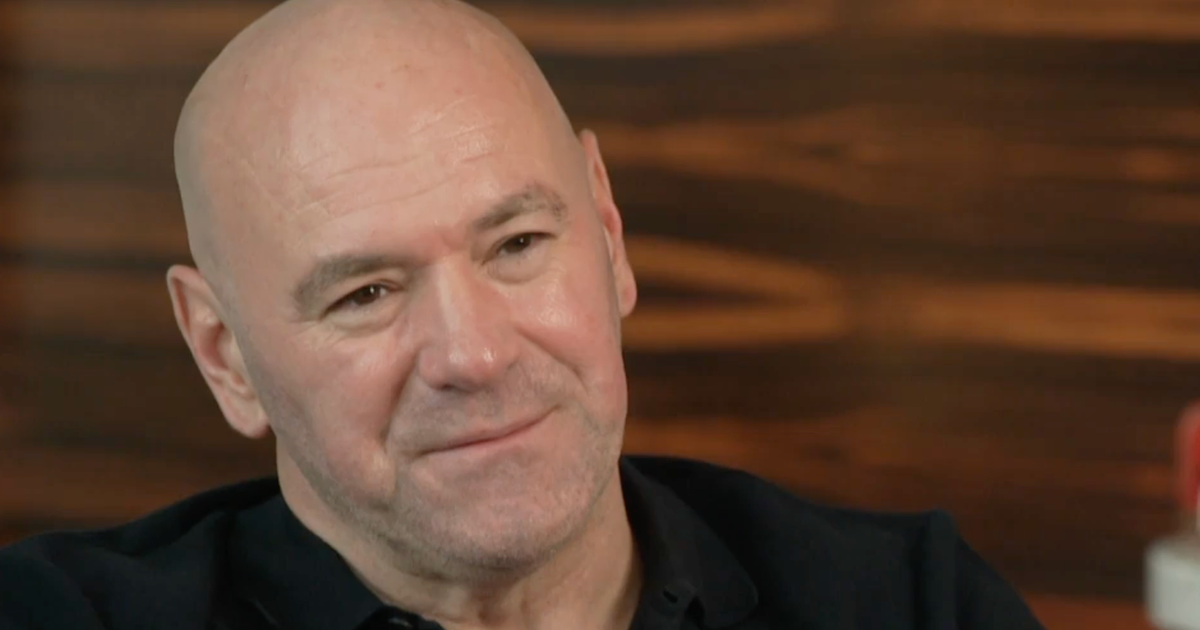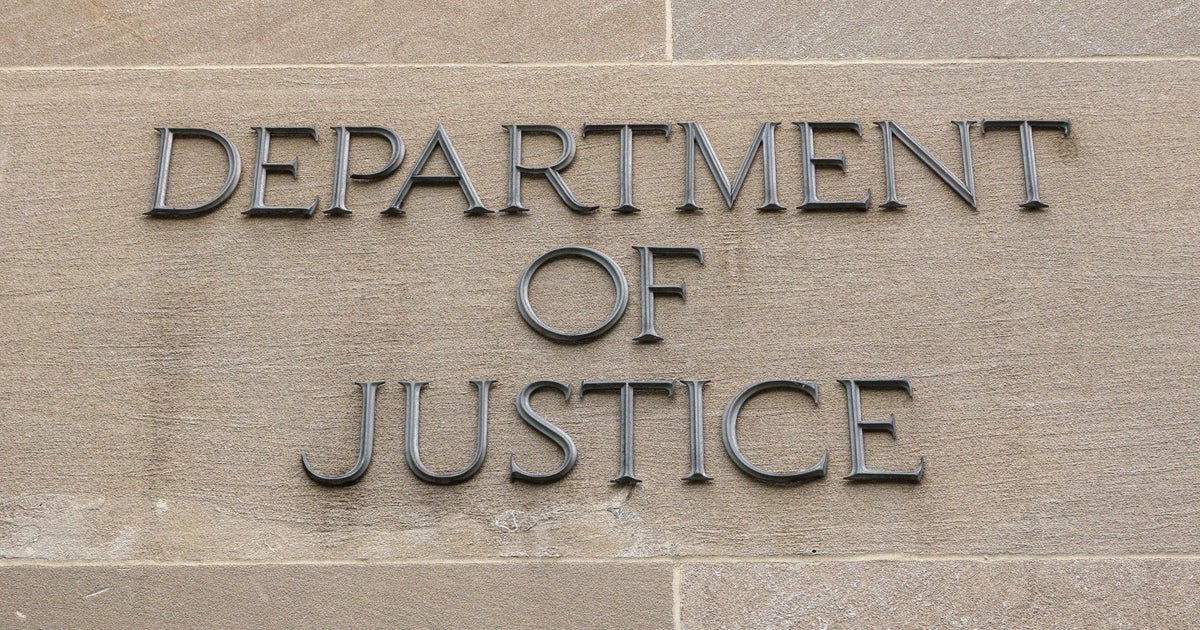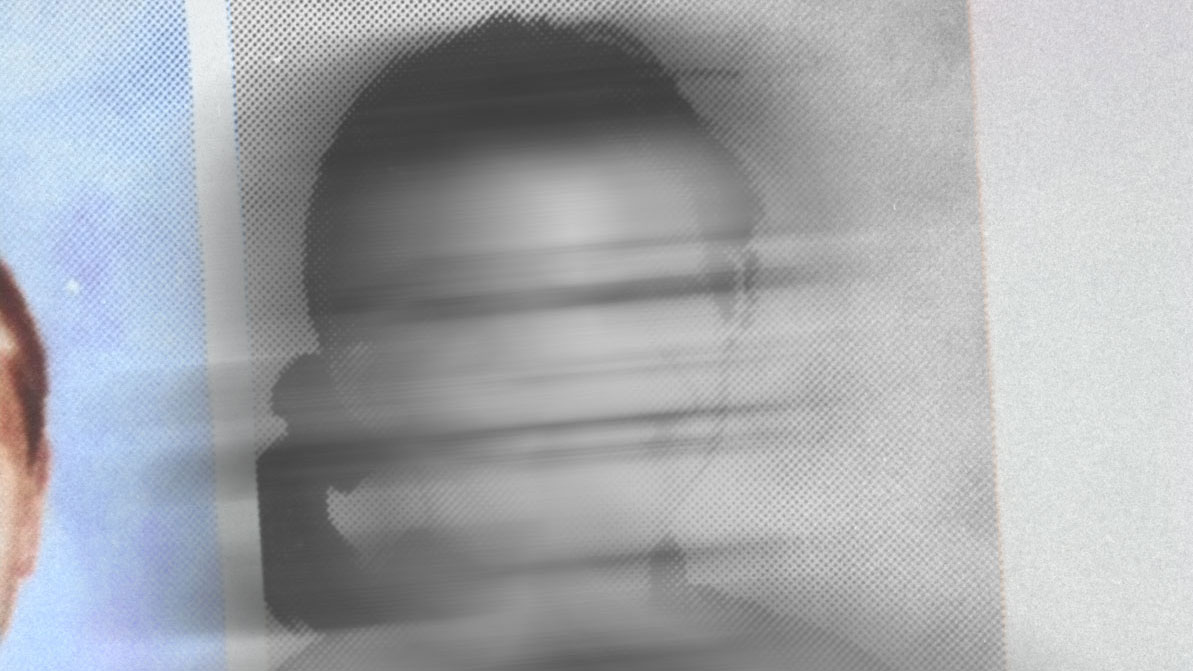U.S. issues its first passport with an "X" gender marker to intersex Colorado resident
The United States has issued its first passport with an "X" gender designation — a milestone in the recognition of the rights of people who don't identify as male or female — and expects to be able to offer the option more broadly next year, the State Department said Wednesday. The advocacy organization GLAAD said later Wednesday the passport was issued to Dana Zzyym, an intersex Colorado resident who has been in a legal battle with the department since 2015.
The U.S. special diplomatic envoy for LGBTQ rights, Jessica Stern, called the moves historic and celebratory, saying they bring the government documents in line with the "lived reality" that there is a wider spectrum of human sex characteristics than is reflected in the previous two designations.
"When a person obtains identity documents that reflect their true identity, they live with greater dignity and respect," Stern said.
The department did not announce to whom the passport was issued, saying it does not usually discuss individual passport applications because of privacy concerns.
But GLAAD announced that Zzyym was the recipient, heralding the decision as "a victory for so many people who simply want to travel through the world as their authentic selves."
"I almost burst into tears when I opened the envelope, pulled out my new passport, and saw the 'X' stamped boldly under 'sex,'" Zzyym said in GLAAD's statement. "I'm also ecstatic that other intersex and nonbinary U.S. citizens will soon be able to apply for passports with the correct gender marker. It took six years, but to have an accurate passport, one that doesn't force me to identify as male or female but recognizes I am neither, is liberating."
Zzyym (pronounced Zimm) was previously denied a passport for failing to check male or female on an application. According to court documents, Zzyym wrote "intersex" above the boxes marked "M" and "F" and requested an "X" gender marker instead in a separate letter.
In 2018, CBS Denver's Rick Sallinger asked Zzyym: "Why didn't you just put down male or female and say 'I want a passport?'"
"Because it's a lie," Zzyym replied.
Zzyym was born with ambiguous physical sexual characteristics but was raised as a boy and underwent several surgeries that failed to make Zzyym appear fully male, according to court filings. Zzyym served in the Navy as male but later came to identify as intersex while working and studying at Colorado State University. The department's denial of Zzyym's passport prevented Zzyym from being able to travel to a meeting of Organization Intersex International in Mexico.
The State Department announced in June that it was moving toward adding a third gender marker for nonbinary, intersex and gender-nonconforming people but said it would take time because it required extensive updates to its computer systems. A department official said the passport application and system update with the "X" designation option still need to be approved by the Office of Management and Budget, which approves all government forms, before they can be issued.
"I want to reiterate, on the occasion of this passport issuance, the Department of State's commitment to promoting the freedom, dignity, and equality of all people — including LGBTQI+ persons," State Department spokesman Ned Price said in a statement Wednesday.
The department now also allows applicants to self-select their gender as male or female, no longer requiring them to provide medical certification if their gender did not match that listed on their other identification documents.
The United States joins a handful of countries, including Australia, New Zealand, Nepal and Canada, in allowing its citizens to designate a gender other than male or female on their passports.
Stern said her office planned to talk about the United States' experience with the change in its interactions around the world and she hopes that might help inspire other governments to offer the option.
"We see this as a way of affirming and uplifting the human rights of trans and intersex and gender-nonconforming and nonbinary people everywhere," she said.




